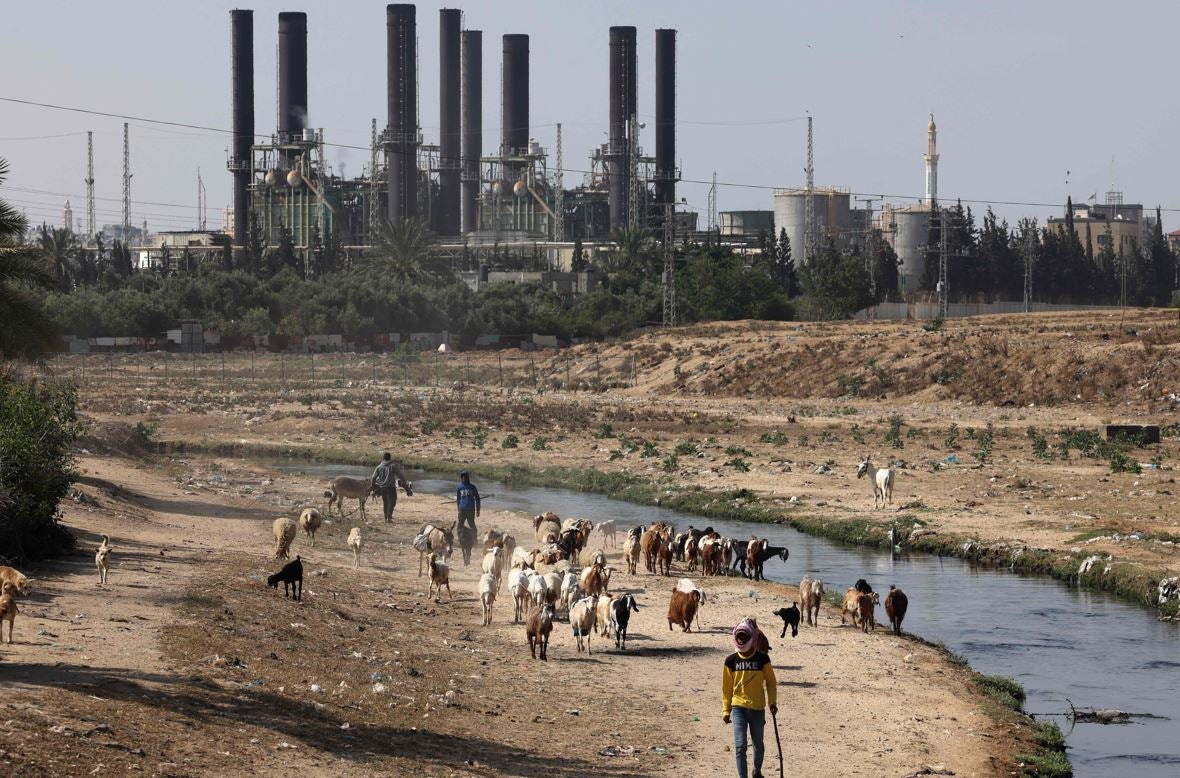
Israel Electric Corp (IEC) has announced the sale of its Eshkol power station for $3.3bn (NIS11.75bn).
Israel’s state energy company sold the gas-fired power amid a drive for privatisation pushed by the government since 2018. The 912MW plant is the largest in Israel.
The plant was purchased by a joint venture comprising local energy companies Dalia Power Energies and Taavura, together known as Eshkol Power Energies.
As part of the sale, IEC added a provision allowing for the construction of a natural gas facility on the site. The potential facility will have up to 850MW of productive capacity.
Per Reuters, IEC CEO Meir Spiegler said of the deal: “Israel Electric will cease to be a monopoly in electricity production, with its market share being reduced to about 40%.”
Israel Katz, Israel’s Energy Minister, added that the deal is “unprecedented”. The IEC has consolidated monopolistic control of the country’s energy market for practically the entirety of the 100 years since its formation in 1923.

US Tariffs are shifting - will you react or anticipate?
Don’t let policy changes catch you off guard. Stay proactive with real-time data and expert analysis.
By GlobalDataThe decision to break up the IEC monopoly on Israel’s energy sector came in 2018. The IEC’s share of power generated in the country will be reduced to 40% by 2026, still functioning as a monopoly in transmission and distribution but no longer in generation. The reasoning behind the wide-ranging structural reform was to increase efficiency and competitiveness. Eshkol is the fourth of a projected six power plants to be sold into private ownership as part of the reforms.
In April, the IEC announced a power purchase agreement with Eco Wave Power, a Swedish renewable energy company. The deal will see Israel supplied with hydropower generated by floating pressure pumps to be installed at the port of Jaffa. The $150m project is expected to be the world’s largest wave power station.



